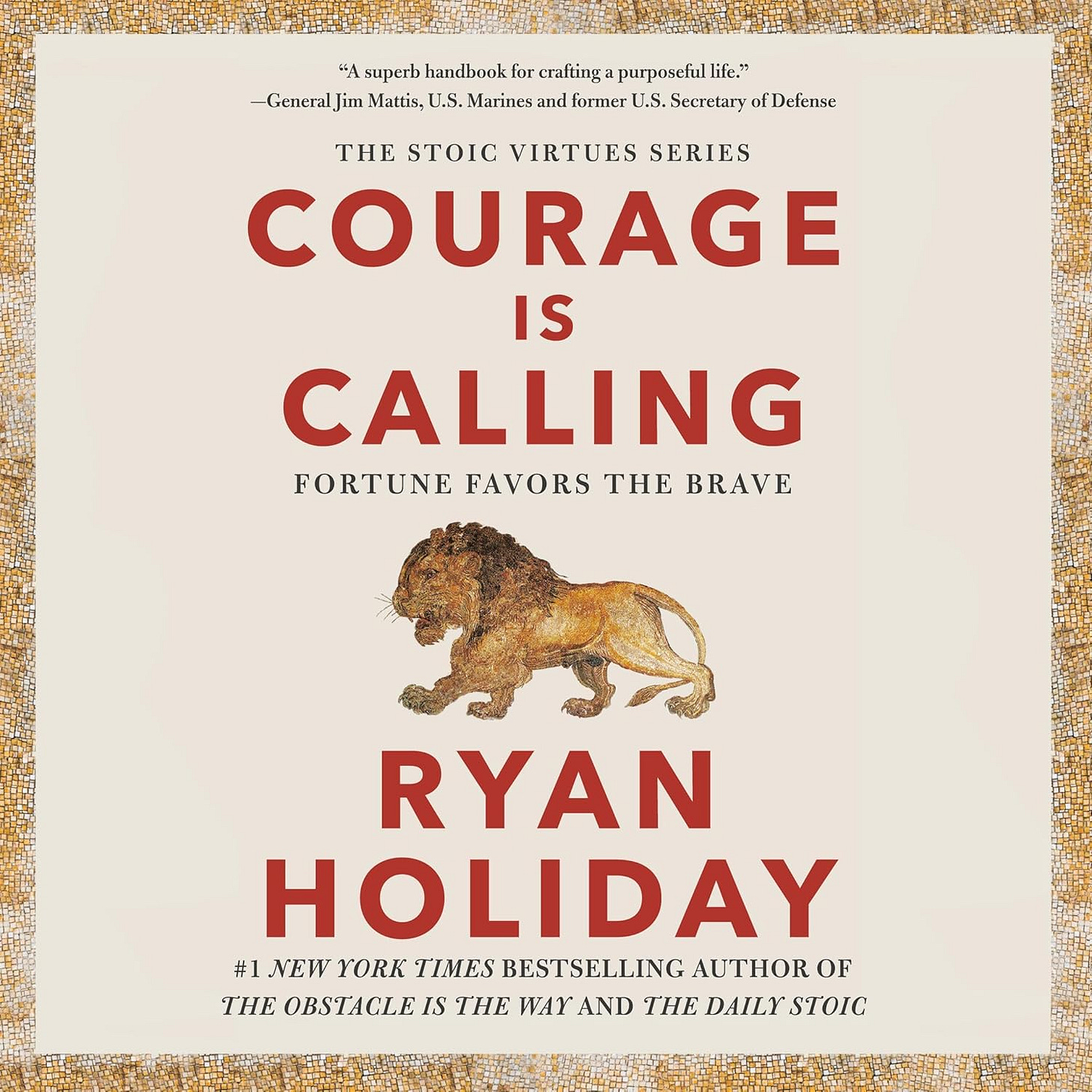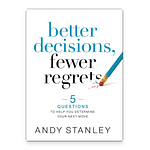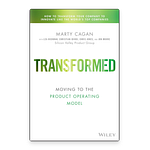By Ryan Holiday
Ryan Holiday explores what courage really means, why it matters, and how we can cultivate it in our daily lives. Drawing on ancient philosophy, historical examples, and modern insights, he shows that bravery is not some rare heroic quality—it's a habit we can all develop. Whether you’re facing career decisions, personal struggles, or mome…











